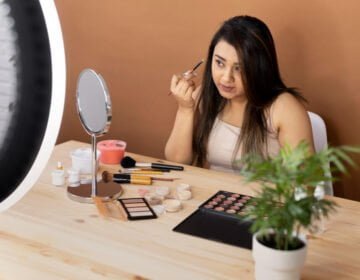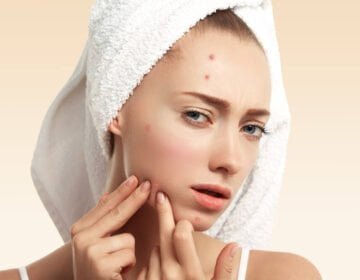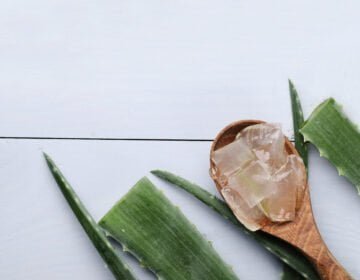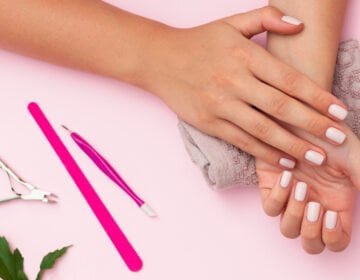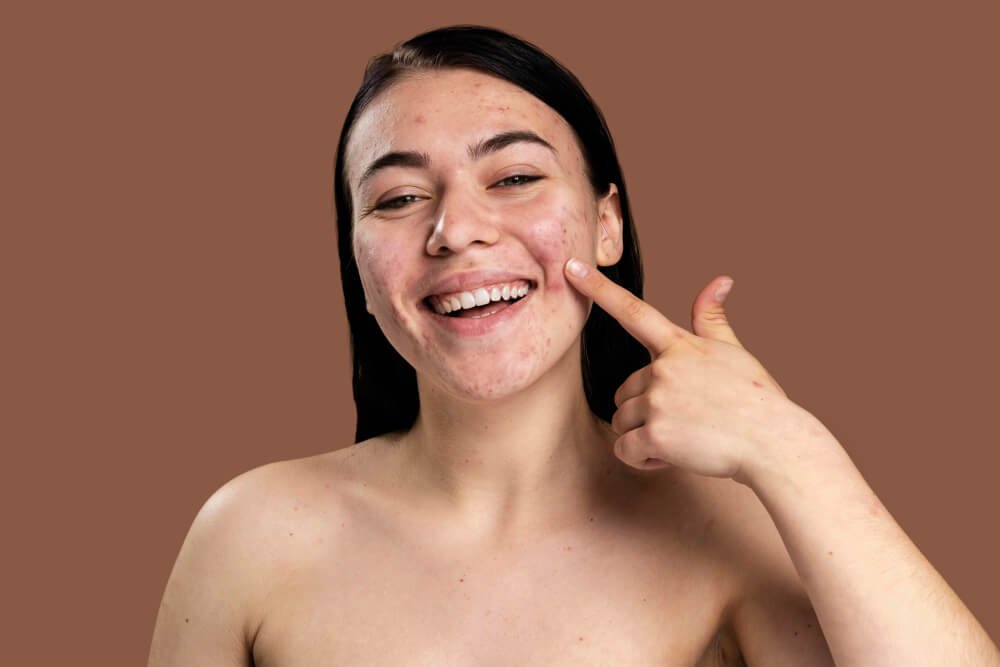
What happens to your skin when you pop a pimple
From the first time we get our first pimple as preteens, zits start causing several amounts of fascination for us. An abscess is the most common naturally occurring thing in a person, and everyone’s similar question is how to prevent, treat, pop a pimple, and hide it. Many people waste their precious time by finding a way to satisfy their curiosity. Most commonly, teenagers get pimples, but some dermatologists estimate that kids can also get acne at the age of 7 or 8.
Once you become fully adult, pimples stop occurring. But it’s widespread for the adults to continue getting the spots well into their 40s and 50s.
Before the pop
The blemish that suddenly appears on your skin has been growing under the surface of your skin for some time, which might be about two to three months, according to the author of Beautiful Skin: Every Woman’s Guide to Looking Her Best at Any Age, Dr. David E. Bank, a board-certified dermatologist. The main thing people are unfamiliar with is that a pimple can take about seven weeks, from when a pore gets blocked to when it appears on the skin.
What if you see a pimple and need quick relief? Well, at that time, you can pick up some 10 per cent of benzoyl peroxide (only if you are not allergic to it). You can apply it two to three times a day on your skin. Be clear: no other product can beat benzoyl peroxide’s drying, antibacterial, and exfoliating properties. Stop wasting your money on other artificial products found on the market that have less than 10 per cent active ingredients.
Popping Pimples Damages the Skin
Yes, when you pop a pimple, it can be bad for your skin, as the experts say it is. An inflamed acne pimple happens when the pore becomes engorged with excess dead skin cells, bacteria, sebum, and often pus.
Before starting to pop a pimple, though, consider what’s happening under the skin. The pore is already swollen and is under a lot of pressure before the pop.
What happens if you pop a pimple?
Can Cause Scarring
Popping pimples can even have several longer-term effects than a swollen spot and a scab. It is a surefire way to increase your chances of developing different acne scars.
Dark marks can develop even if depressed scars don’t grow. They are caused by inflammation. Popping a pimple causes inflammation. Because of that, you will see post-inflammatory hyperpigmentation once a spot heals.
Every time your skin is damaged and heals back, the tissue will be lost. Because of that, you will get depressed or pitted acne scars. The greater you will damage the skin, the greater the chance of tissue loss.
Worsens Blemishes
Squeezing can make pimples worse. The damage is happening below the surfaces as well as up above where you can see it.
When you pop a pimple, it can leave a scab. Squeezing, especially if you’re doing it to a pimple without a white head, can make your skin much redder and swollen than just leaving it be.
What if you have already pooped the pimple?
If you have already popped the pimple, the best thing you can do is place the Band-Aid over the pooped pimple. It helps in limiting the number of bacteria from exposure and also keeps you from picking. For the fastest healing of the pimple, applying an antibiotic cream can be very helpful. Some of the pimples can also be cured by injections.
It is human nature to pop a pimple. According to the study, people feel uncomfortable until they pop a pimple that appears on their faces. While popping the pimple may be human nature, Schultz reminds us once again not to take it lightly. To cause an actual scar, you will need to pop the pimple and damage the dermis and the epidermis (the second layer of skin).
Most of the people don’t pop deep enough to cause a scar. When you squeeze the cyst, and it bursts under the skin instead of on the top, the pus (oil, bacteria, and dead skin) comes out easily. When the pus goes into the fat layer or the dermis from bursting under the skin, it can destroy the skin.









